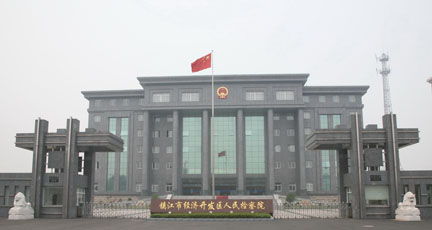Tactical Intelligence
Tactical intelligence refers to the collection, analysis, and application of information that supports immediate or short-term decision-making, typically in dynamic and operational contexts. This term is widely used in military, law enforcement, business, and even competitive sports environments, where timely and actionable insights are critical to achieving specific objectives.
Definition and Core Concept
At its core, tactical intelligence involves gathering real-time or near-real-time data about a situation, processing it into meaningful insights, and using it to guide actions or strategies. Unlike strategic intelligence, which focuses on long-term planning and broader goals, tactical intelligence is more granular and situation-specific. It answers questions like "What is happening right now?" and "What should we do next?"
Applications in Different Fields
In the military, tactical intelligence might involve assessing enemy movements, terrain conditions, or weather patterns to inform battlefield decisions. For example, a commander might rely on drone surveillance or intercepted communications to adjust troop positions. In law enforcement, it could mean analyzing crime patterns or suspect behavior to deploy resources effectively during an operation.
In the business world, tactical intelligence often relates to competitive analysis or market trends that influence short-term decisions, such as adjusting pricing strategies or launching a targeted marketing campaign. Similarly, in sports, coaches use tactical intelligence—such as an opponent’s play patterns—to make in-game adjustments.
How Tactical Intelligence is Gathered
The process typically involves multiple sources, including human intelligence (e.g., informants or scouts), technical intelligence (e.g., sensors or software analytics), and open-source intelligence (e.g., public records or social media). Once collected, this data is analyzed to identify patterns, risks, or opportunities, often under time-sensitive conditions. Advanced technologies like artificial intelligence and machine learning are increasingly used to enhance the speed and accuracy of this analysis.
Importance and Challenges
Tactical intelligence is invaluable because it enables rapid, informed responses to evolving situations. However, it comes with challenges, such as ensuring the accuracy of data under time constraints and avoiding information overload. Effective use of tactical intelligence requires not only robust systems for data collection but also skilled individuals who can interpret and act on the insights provided.
In summary, tactical intelligence is a vital tool for navigating complex, fast-paced environments. By providing actionable, context-specific knowledge, it empowers decision-makers to respond effectively to immediate challenges and opportunities.
